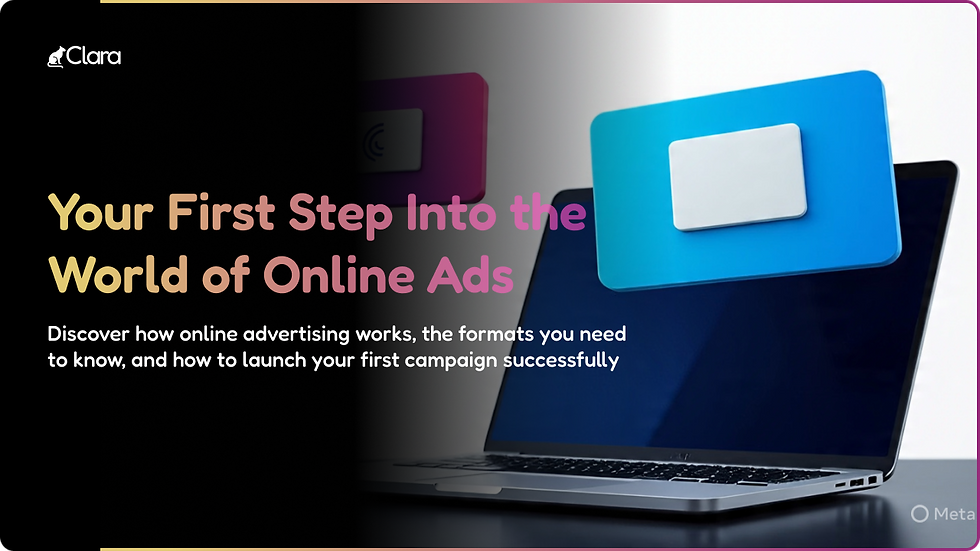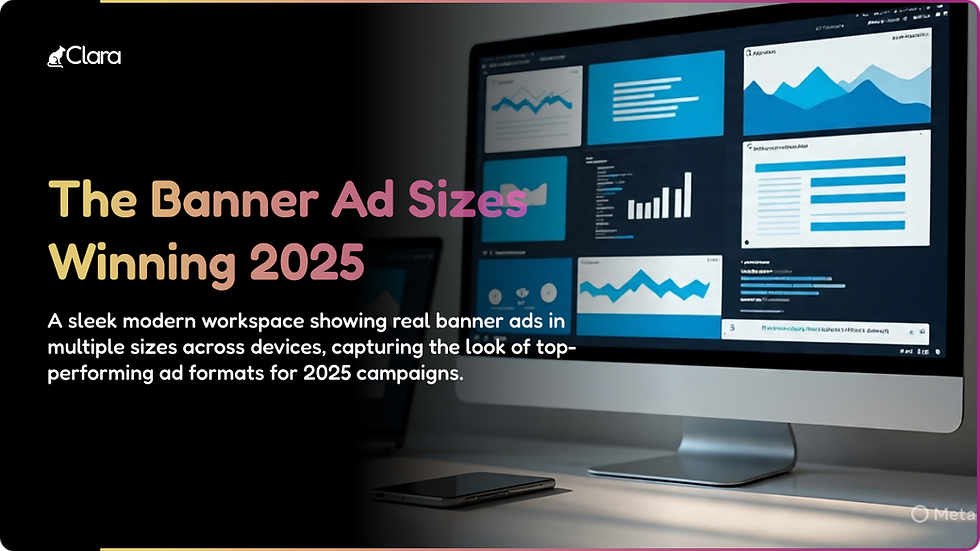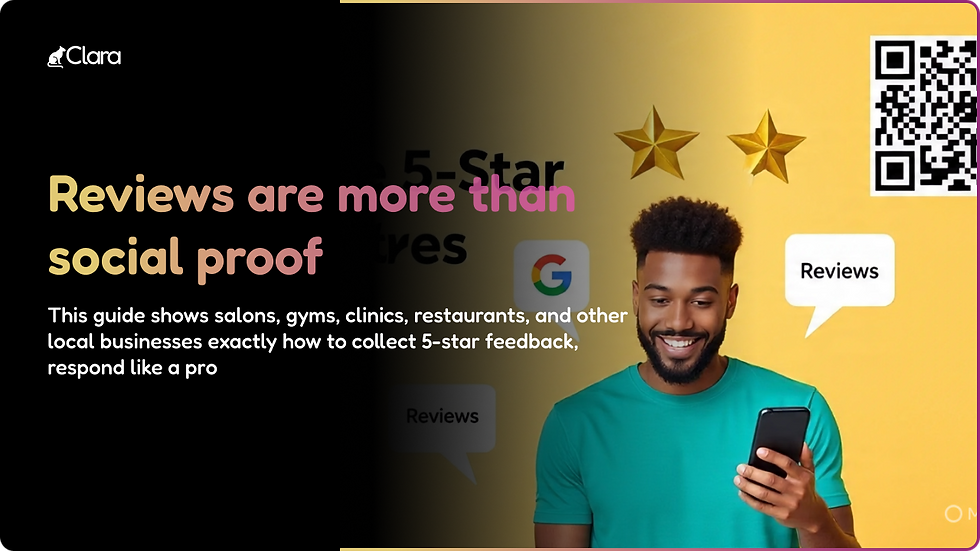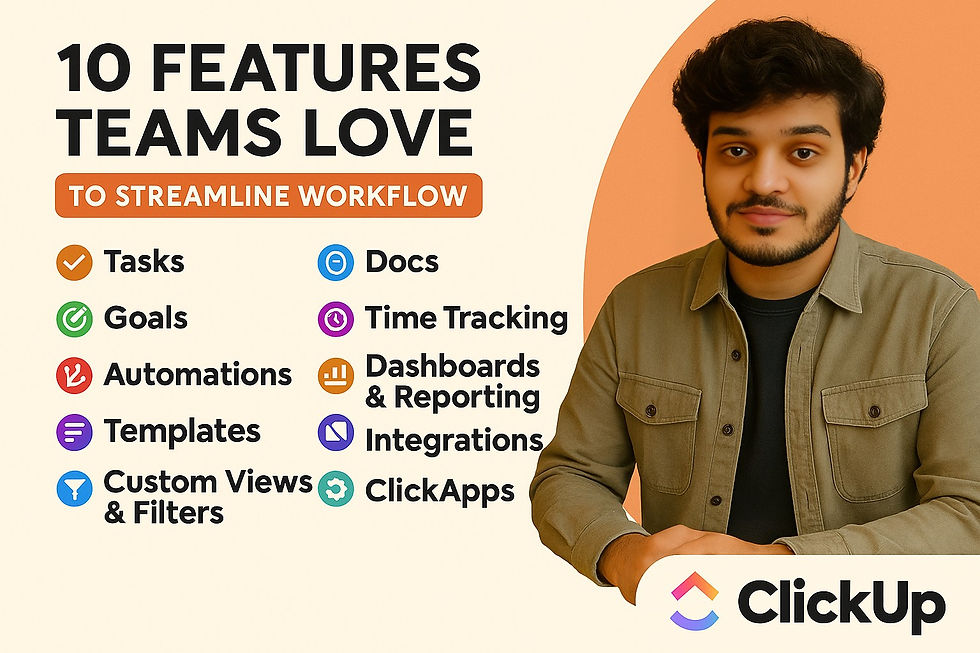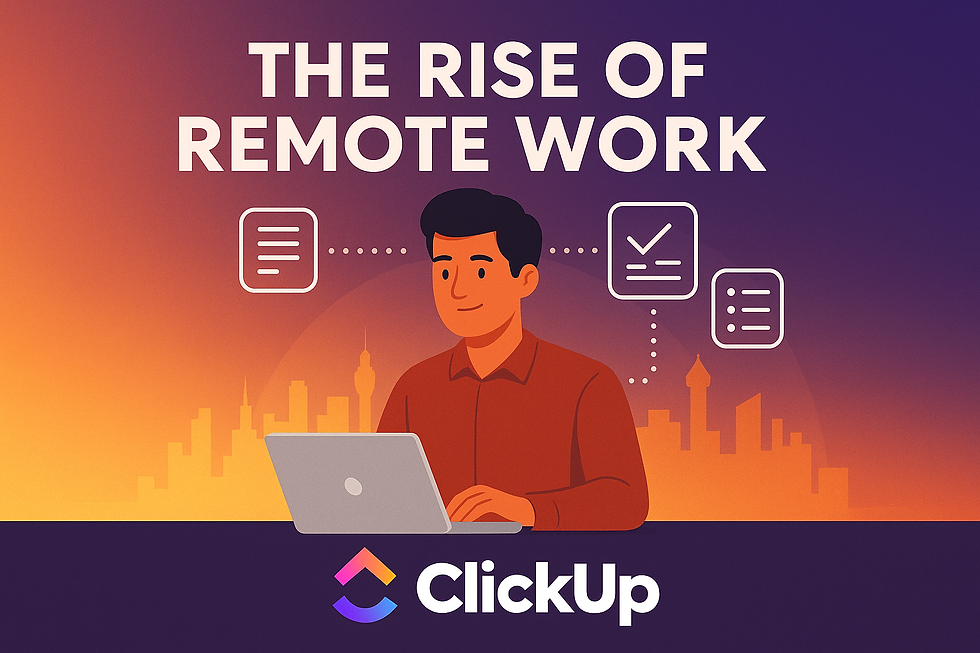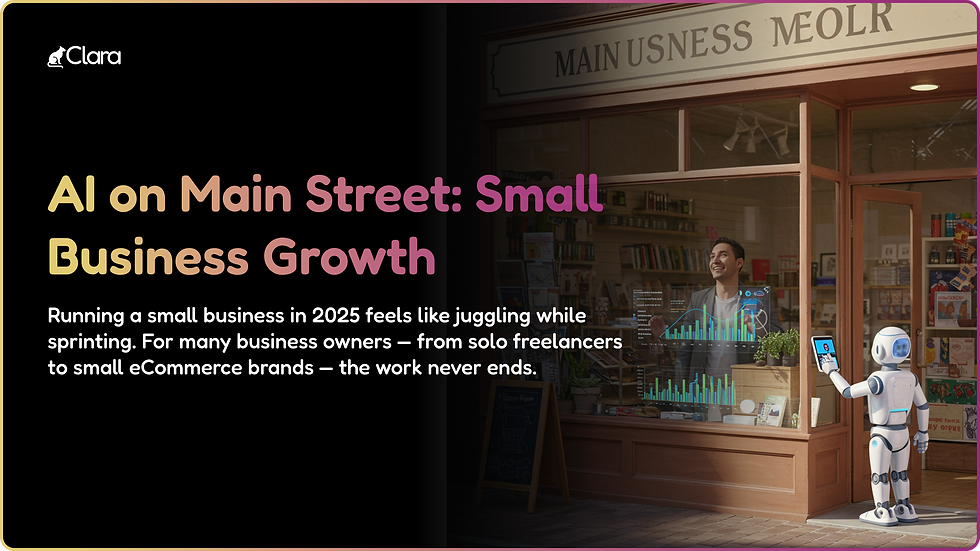- Dravya Bansal
- Oct 10, 2023
- 6 min read
Introduction
In today’s digital age, having an online presence is no longer optional for small businesses; it’s a necessity. And when it comes to establishing your brand on the internet, one of the first steps is creating a professional and engaging website with Best Website Builder. But where do you start? With the plethora of website builders available, it can be overwhelming to choose the one that suits your small business the best. Fear not, dear entrepreneur! In this guide, we’ll walk you through the process of selecting the perfect website builder to kickstart your online journey. From Wix to Shopify, Squarespace to WordPress, we’ll break down the pros and cons, so you can confidently decide which platform aligns with your business goals.
Understanding Your Needs
Before we dive into the nitty-gritty of website builders, let’s take a moment to reflect on your business’s unique requirements. After all, what works for a boutique bakery might not be the best fit for an online marketing agency. Here are some essential questions to consider:
1. What’s your budget?
We get it, you’re starting small, and every penny counts! Different website builders come with different price tags. Some offer free plans with limited features, while others require a monthly subscription. Determine your budget upfront, so you don’t break the bank.
2. How Tech-Savvy Are You?
Are you a tech whiz or more of a technophobe? Be honest with yourself. Some website builders are user-friendly, catering to beginners, while others offer advanced customization options for those who are tech-savvy. Assess your comfort level with technology before making a choice.
3. What’s Your Business Type?
The nature of your business plays a crucial role in selecting the right website builder. For instance, if you’re running an e-commerce store, you’ll need a builder that supports online selling features. On the other hand, if you’re a photographer showcasing your portfolio, you’ll want a builder that emphasizes visuals.
4. Do You Need Scalability?
Think about your business’s growth potential. Do you foresee rapid expansion? If so, you’ll need a website builder that can scale with you. This ensures you won’t have to switch platforms down the road, which can be a headache.
5. What Features Are Non-Negotiable?
Make a list of must-have features for your website. This might include a blog section, contact forms, social media integration, or e-commerce capabilities. Knowing what you absolutely need will help you narrow down your options.
Exploring Your Options
Now that you have a clear understanding of your business’s needs, it’s time to explore the world of website builders. Here are some of the most popular ones and what makes them stand out:
1. Wix: The User-Friendly Option
Wix is known for its user-friendly interface, making it a top choice for beginners. It offers a drag-and-drop editor, allowing you to create a website without any coding knowledge. Here’s why Wix might be the right choice for your small business:
Ease of Use: Wix’s intuitive editor lets you customize your site effortlessly.
Templates Galore: Choose from a wide range of professionally designed templates to kickstart your website.
Affordable Plans: Wix offers both free and premium plans, making it budget-friendly.
eCommerce Capabilities: If you plan to sell online, Wix has you covered with its e-commerce features.
2. Shopify: The E-commerce Powerhouse
If you’re in the business of selling products online, Shopify is a force to be reckoned with. It’s designed specifically for e-commerce and offers a suite of features tailored for online retailers. Here’s why Shopify might be your go-to choice:
Built for E-commerce: Shopify’s primary focus is online selling, with features like inventory management and secure payment processing.
Professional Look: Its templates are designed to give your online store a polished, professional appearance.
App Store: Extend your store’s functionality with a vast array of apps from the Shopify App Store.
24/7 Customer Support: Get assistance whenever you need it.
3. Squarespace: The Artist’s Canvas
Squarespace is all about aesthetics. It’s the go-to choice for creative professionals, artists, and designers. If you want a website that’s as visually stunning as your work, Squarespace might be your perfect match:
Beautiful Templates: Squarespace offers some of the most visually appealing templates in the industry.
Image-centric: Ideal for businesses that rely heavily on imagery, such as photographers or fashion designers.
Blogging Made Easy: If you plan to maintain an engaging blog, Squarespace’s blogging tools are a breeze to use.
Mobile Optimization: Your site will look great on smartphones and tablets.
4. WordPress: The Customization King
WordPress is the ultimate choice if you crave complete control over your website. While it has a steeper learning curve, it’s highly customizable and ideal for those who want to delve into the world of web development:
Endless Customization: With thousands of plugins and themes available, you can tailor your website to your heart’s content.
SEO-Friendly: WordPress is known for its excellent SEO capabilities, helping your site rank higher in search engine results.
Community Support: Join a vast community of users and developers who can assist you with any issue.
Blogging and Content Management: If content is king for your business, WordPress excels in content management.
Narrowing Down Your Choices
With the knowledge of your business’s needs and an understanding of the top website builders, it’s time to narrow down your choices. Let’s break it down further:
1. If You’re a Total Beginner:
If you’re just dipping your toes into the website-building waters and don’t want to deal with a steep learning curve, consider:
Wix: Its user-friendly interface and drag-and-drop editor are perfect for beginners.
2. If You’re All About E-commerce:
If your primary goal is to sell products online, these are your best bets:
Shopify: Tailored specifically for e-commerce businesses, it has all the features you need to start selling online.
Wix: Also offers excellent e-commerce capabilities at an affordable price.
3. If You’re a Creative Professional:
If you’re an artist, designer, photographer, or anyone who relies heavily on visuals, check out:
Squarespace: Its stunning templates and image-centric approach are perfect for showcasing your work.
4. If You Crave Total Customization:
For those who want complete control and are willing to put in the effort to learn, consider:
WordPress: With endless customization options, it’s a playground for web developers and tech-savvy individuals.
FAQs: Answering Your Burning Questions
1. Can I switch website builders later if I change my mind?
Yes, you can switch, but it can be a bit of a hassle. It’s best to choose the right one from the start to save time and effort down the road.
2. Do I need to know how to code to use these website
builders? ##
Not necessarily. Builders like Wix, Squarespace, and Shopify are designed for non-coders. However, if you choose WordPress, some coding knowledge may come in handy for advanced customization.
3. Are there any hidden costs with these website builders?
Some builders offer free plans with limitations, and you might need to pay for additional features or a custom domain. Be sure to read the fine print.
4. Can I move my website to a different builder if my business grows?
It can be complex to migrate a website from one builder to another. This is why it’s essential to consider your business’s future growth when choosing a builder.
5. Which builder is best for SEO?
WordPress is renowned for its SEO capabilities, but other builders like Wix and Shopify also offer SEO tools and features.
Making the Final Decision
Now that you’ve done your homework and considered your business’s unique needs, it’s time to make that crucial decision. Here’s a quick recap:
Wix: Perfect for beginners on a budget who want an easy-to-use website builder.
Shopify: Ideal for e-commerce businesses looking for a robust platform tailored to online selling.
Squarespace: Great for creative professionals who want visually stunning websites.
WordPress: The go-to choice for those who crave customization and have some technical know-how.
Remember, there’s no one-size-fits-all answer. Your choice should align with your business’s specific goals and your own comfort level with technology. And don’t forget, your website is an evolving entity, so don’t be afraid to adapt and make changes as your small business grows!
Conclusion
Choosing the best website builder for your small business is a pivotal decision on your journey to establishing a strong online presence. By understanding your business’s unique needs and exploring the options available, you can confidently select the builder that suits you best. Whether it’s the user-friendliness of Wix, the e-commerce prowess of Shopify, the visual appeal of Squarespace, or the customization of WordPress, there’s a perfect fit for every entrepreneur.
So, roll up your sleeves, get creative, and start building that online masterpiece that will help your small business thrive in the digital world. Remember, your website is your virtual storefront, and it’s your chance to make a memorable impression on the vast landscape of the internet. Make it count, and watch your small business soar to new heights!




